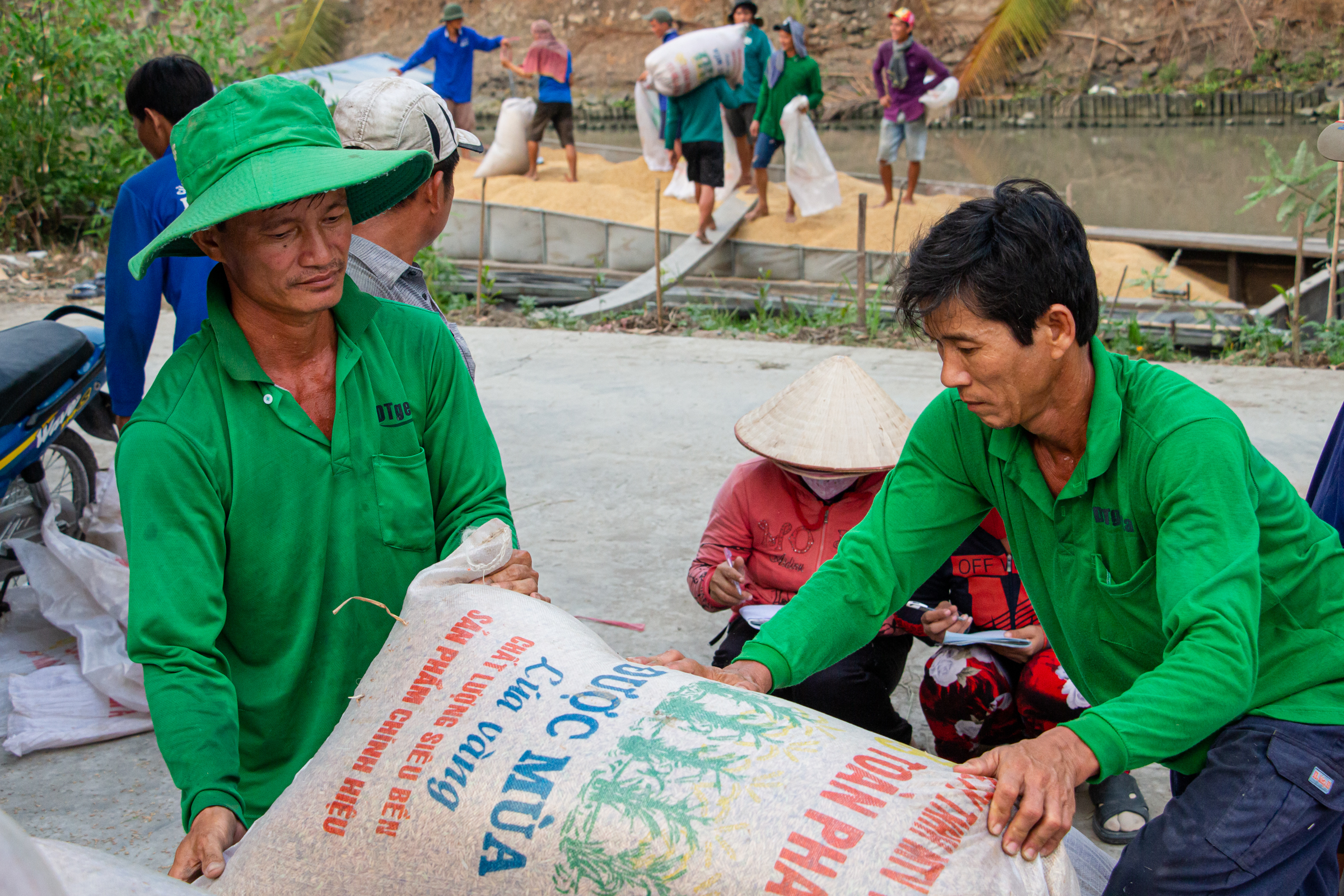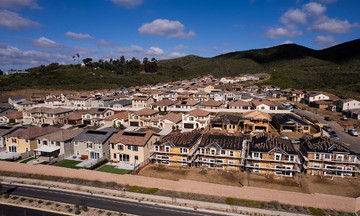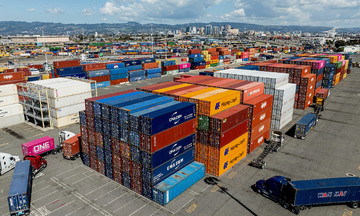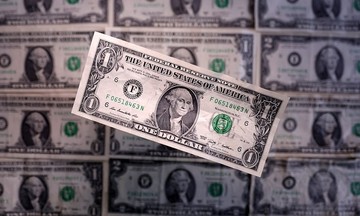In a directive issued on 9/9, Prime Minister Pham Minh Chinh urged ministries, sectors, and localities to implement solutions to stabilize the market and promote rice production and export. The directive comes amid global market volatility, particularly after the Philippines—which accounts for over 40% of Vietnam's rice exports—halted imports for two months starting 1/9.
The prime minister requested the State Bank of Vietnam to direct commercial banks to increase credit supply for businesses involved in rice production, processing, purchasing, and exporting. This aims to help them seize opportunities and mitigate risks. The Ministry of Finance was tasked with expediting VAT refunds, reforming customs procedures, and purchasing rice reserves to support farmers.
The Ministry of Industry and Trade was directed to maintain traditional markets and expand into countries with which Vietnam has signed free trade agreements (FTAs), such as the US, South Korea, and the EU, through both direct and online trade promotion channels. Vietnamese trade offices abroad must enhance their understanding of regulations and alert businesses to potential barriers to protect their interests.
 |
Farmers in Can Tho harvest rice. Photo: Thanh Tran |
Farmers in Can Tho harvest rice. Photo: Thanh Tran
The Ministry of Agriculture and Rural Development is responsible for developing specialized rice-growing areas, researching high-yield and high-quality rice varieties associated with the "Vietnamese rice" brand, investing in storage and processing infrastructure, and applying digital technology and green production methods to enhance value. Localities must re-plan production, ensure the supply of materials, implement a reasonable seed structure, and establish linkages throughout the value chain to stabilize output for farmers.
The government also requested close monitoring of export activities and prompt resolution of difficulties to support businesses in fulfilling contracts.
In the first 8 months of the year, Vietnam exported 6.3 million tons of rice, earning USD 3.17 billion. Despite a slight increase in output, revenue decreased by nearly 18% due to falling average prices. The Philippines purchased 2.6 million tons, remaining the largest importer. Its temporary import halt has led many businesses in the Mekong Delta to limit purchases and avoid large stockpiles due to concerns about price risks and market access.
Previously, the Ministry of Industry and Trade warned businesses against focusing on a single market and urged them to expand into China, Indonesia, Malaysia, Africa, and the Middle East. Businesses were also advised to increase long-term contracts, promote official exports, and enhance traceability to meet the requirements of demanding markets.
Thi Ha












